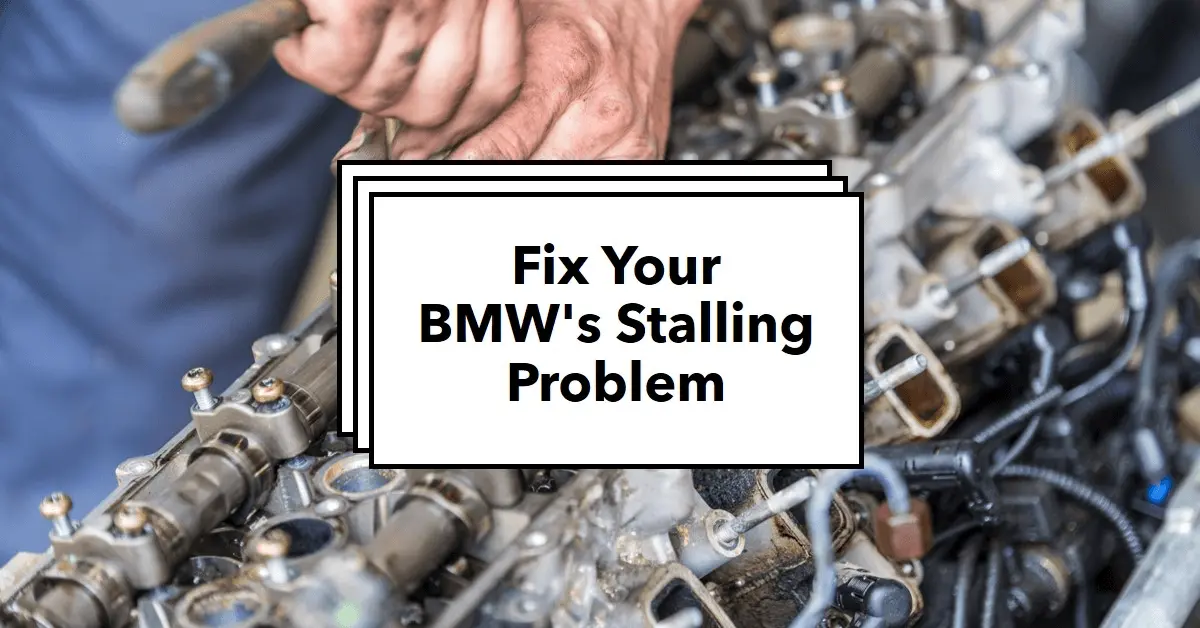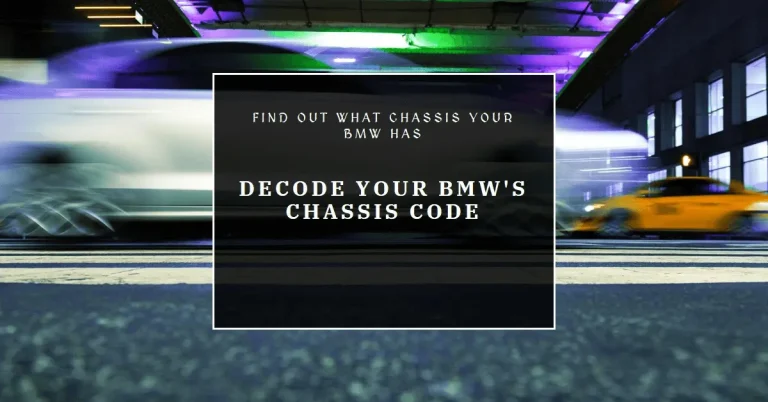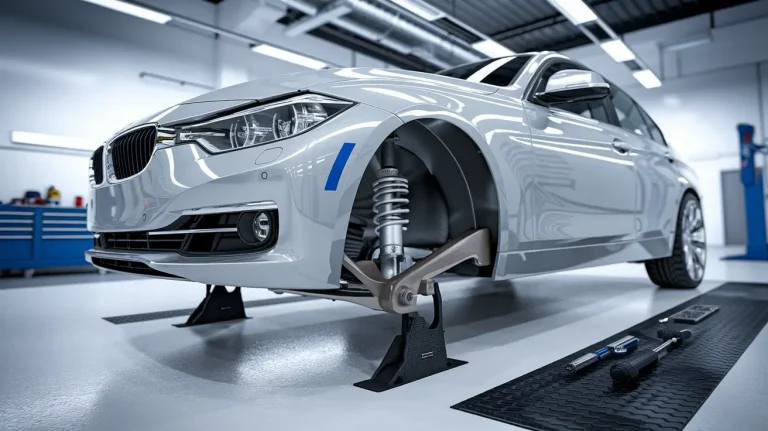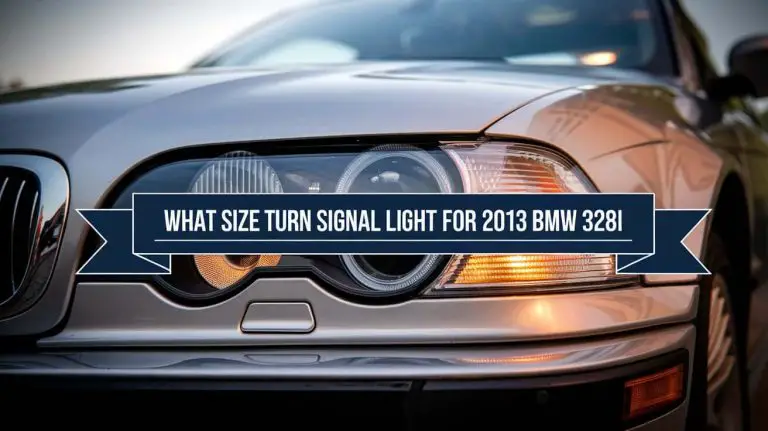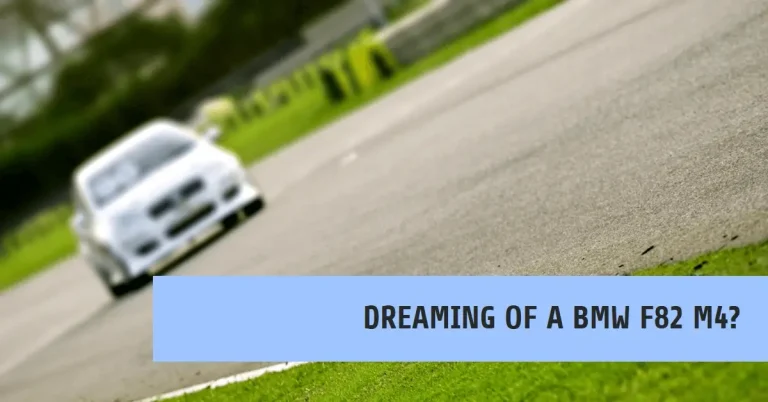Why Your BMW Stalls When You Stop + How to Fix It
Have you ever been stopped at a red light or in heavy traffic when suddenly your BMW engine shuts off unexpectedly? This unnerving stall can leave you stranded until the engine restarts.
While BMW’s Auto Start-Stop system intentionally switches off the engine to save fuel, there are several other common causes that can make your BMW shut off when you stop. Read on to learn what to check and how to prevent stalling issues.
BMW Auto Start-Stop System
Many modern BMW models come equipped with Auto Start-Stop technology. This system automatically shuts off the engine when you come to a complete stop. For example, the engine will turn off when you brake at a stop sign or red light.
The goal is to reduce fuel consumption and emissions when idling. As soon as you lift your foot off the brake, the engine restarts instantly. This transition is designed to be seamless during everyday driving.
Here are some key points about how BMW Auto Start-Stop works:
- Activates when you brake to a full stop with the transmission in Drive and your foot on the brake pedal
- The engine will not shut off until proper operating temperature is reached
- System deactivated when interior climate control settings are in high demand
- Operates in 2nd gear or higher, under 5 mph
- Engine restarts immediately when brake is released
- Can manually disable system via button on dash
While this technology provides fuel savings, it can catch drivers off guard when they aren’t expecting the shutdown at a stop. Just know it is normal operation and not indicative of a stalling issue.
Other Common Causes of BMW Stalling at Stops
When your BMW stalls consistently or intermittently when braking, it is likely due to an underlying issue unrelated to the Auto Start-Stop. Several key maintenance items and components can cause stalling if faulty.
Faulty Idle Control Valve
The idle control valve (ICV) is responsible for managing idle speed and smooth transitions between idle and acceleration. Over time, carbon deposits can prevent the valve from operating properly. This results in unstable idling and can lead to stalling when coming to stops.
Symptoms of a faulty BMW ICV include:
- Rough idle or oscillating RPMs
- Stalling when stopping or on deceleration
- Long crank time when starting the engine
- Increased emissions
Testing valve operation and cleaning or replacing the ICV can often resolve these idle issues. Consult a service manual for testing procedures and reference specs.
Vacuum Leaks
Vacuum leaks allow unmetered air to enter the intake system. This disrupts the air-fuel ratio and can cause unstable idling and stalling. Small leaks can be difficult to detect visually and may only cause problems at idle.
Inspect all vacuum hoses, ports, and connections for cracks, damage, or loose clamps. Spray a small amount of carburetor cleaner around suspect areas while idling. If the idle changes, a leak is present. Ensure all clamps are tight and replace any damaged hoses to prevent further issues.
Dirty Throttle Body
Over time, carbon deposits and grease can build up on the throttle body. This restricts air flow past the throttle plate which can lead to increased emissions and unstable idling.
Follow the proper throttle body cleaning procedure to avoid damage or introducing debris into the engine. Cleaning sprays, rags, and a toothbrush can help dissolve deposits. Avoid aggressive scraping. Be sure to relearn the idle and reset adaptive values after cleaning.
Low Fuel Level
Operating your BMW with a fuel level near empty can put strain on the fuel pump. This may cause erratic fuel pressure and volume, especially during cornering or braking. As a result, the engine may stall unexpectedly when coming to a stop.
The ideal minimum fuel level is 1/4 tank. Avoid running on fumes to ensure consistent fuel delivery. If stalling only occurs with low fuel, a pump replacement may be needed.
Engine Timing Issues
The camshaft and crankshaft must be timed properly for smooth idling and operation. Jumped timing belts, stretched chains, or faulty adjusters can all impact timing accuracy.
Incorrect cam or crank timing will often produce a rough idle in addition to stalling issues. A check engine light may accompany timing faults. Diagnosis and repair by an experienced BMW mechanic is recommended.
Degraded Electrical Connection
The positive battery terminal connects to the fuse box to deliver power. This junction can become corroded or loose over time. Any disruption in the battery-to-fuse electrical connection can cause intermittent stalling.
Inspect connections for corrosion, damage, or looseness. Clean any buildup and ensure a tight fit. Replace damaged cables and terminals to maintain a consistent power supply.
When to Seek Professional Diagnosis
If you’ve attempted all the common DIY fixes but your BMW continues to stall unexpectedly, it’s wise to have a professional technician provide a diagnosis. A shop will have the equipment to assess BMW-specific systems in detail.
A stalling issue that persists after maintenance likely indicates an underlying problem with fuel delivery, spark plugs, sensors, computer systems, or internal components.
Don’t ignore ongoing stalling problems. Not only can this lead to dangerous situations, but it may also result in additional damage over time. Seeking a professional diagnosis will give you peace of mind and prevent bigger headaches down the road.
Preventing Future Stalling Issues
While even well-maintained vehicles can experience occasional stalling, you can minimize issues by being proactive with your BMW. Here are some tips:
- Follow the manufacturer’s maintenance schedule for tune-ups, fluid changes, filters, belts, etc.
- Use quality fuel and oil recommended for your engine
- Watch for leaks, noises, or performance changes and address early
- Periodically clean components prone to buildup like throttle body
- Keep minimum 1/4 tank of gas to prevent pump strain
- Service battery and inspect connections annually
- Address pending service lights or fault codes promptly
Applying preventive maintenance measures will promote smooth, reliable running. Combine this diligence with fixing any intermittent stalls right away. This two-step approach will help ensure your BMW provides maximum driving enjoyment mile after mile.
Conclusion
A BMW that shuts off unexpectedly when braking to a stop can be alarming and inconvenient. In models equipped with Auto Start-Stop technology, the feature purposefully turns off the engine when stationary to save fuel. However, if stalling persists outside of this system, several key culprits are likely at play.
Common causes to check include the idle control valve, vacuum leaks, throttle buildup, low fuel level, engine timing, and battery electrical connections. Addressing these areas through cleaning, replacement, and scheduled maintenance can resolve stalling issues and prevent repeat occurrences down the road. Pay attention to any patterns or additional symptoms pointing to the potential source.
With a combination of preventive servicing and prompt diagnosis of stalling problems, you can enjoy smooth stops in your BMW for years to come. Knowing what to look for will help you get to the root issue efficiently.

